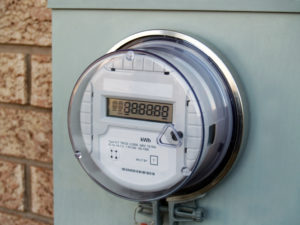Ofgem has approved the introduction of half-hourly settlement in retail energy markets serving all consumers. Suppliers will have until October 2025 to implement the practice.
Greater data detail and clarity in tracking account holders’ use over time are essential precursors to accurate charging for more complex, bi-directional networks, as accelerated electrification of services like transport and heating drives Britain towards Net Zero.

Smart meters now enable cheaper capture of that data, and software in the form of Artificial Intelligence (AI) has advanced to process it.
Half-hourly settlement has long been the financial bedrock of trading wholesale energy, and balancing grids; increasing numbers of large business accounts require it now.
The regulator consulted power users and industry bodies last summer on bringing market-based half hourly settlement (MHHS) into consumer and household supply.
Flexibility and innovation in billing and tariff design are flagged by the regulator as products of a MHHS regime. The practice will, in Ofgem’s words, “incentivise suppliers to offer new tariffs and products that encourage more flexible use of energy and help consumers to lower their bills, for example time of use tariffs, automation, vehicle to grid solutions and battery storage”.
The regulator estimates MHHS will save consumers of all sizes between £1.6 billion and £4.5 billion by 2045.
Ofgem promises that domestic consumers will retain rights to restrict what data their suppliers collect about their usage. Elexon, the power industry’s settlements body, will project manage the introduction, overseeing an intensive testing programme.
Green energy lobbyists today welcomed the move. Solar Energy UK boss Chris Hewett questioned the “overly cautious” length of time set aside for testing in the midst of a climate emergency.
“But otherwise it is fantastic to see Ofgem is moving the dial on the matter of half-hourly settlement”, Hewett enthused.
“The decision will undoubtedly enhance innovation in the market, and the role of solar and battery storage in supporting the grid.”
He cited the trade body’s report last year which estimated that cost-effective management of Britain’s power grids would by 2030 require 4.4 million homes equipped with on-site solar generation and battery storage.
Ofgem’s statement yesterday on MHHS is here.



